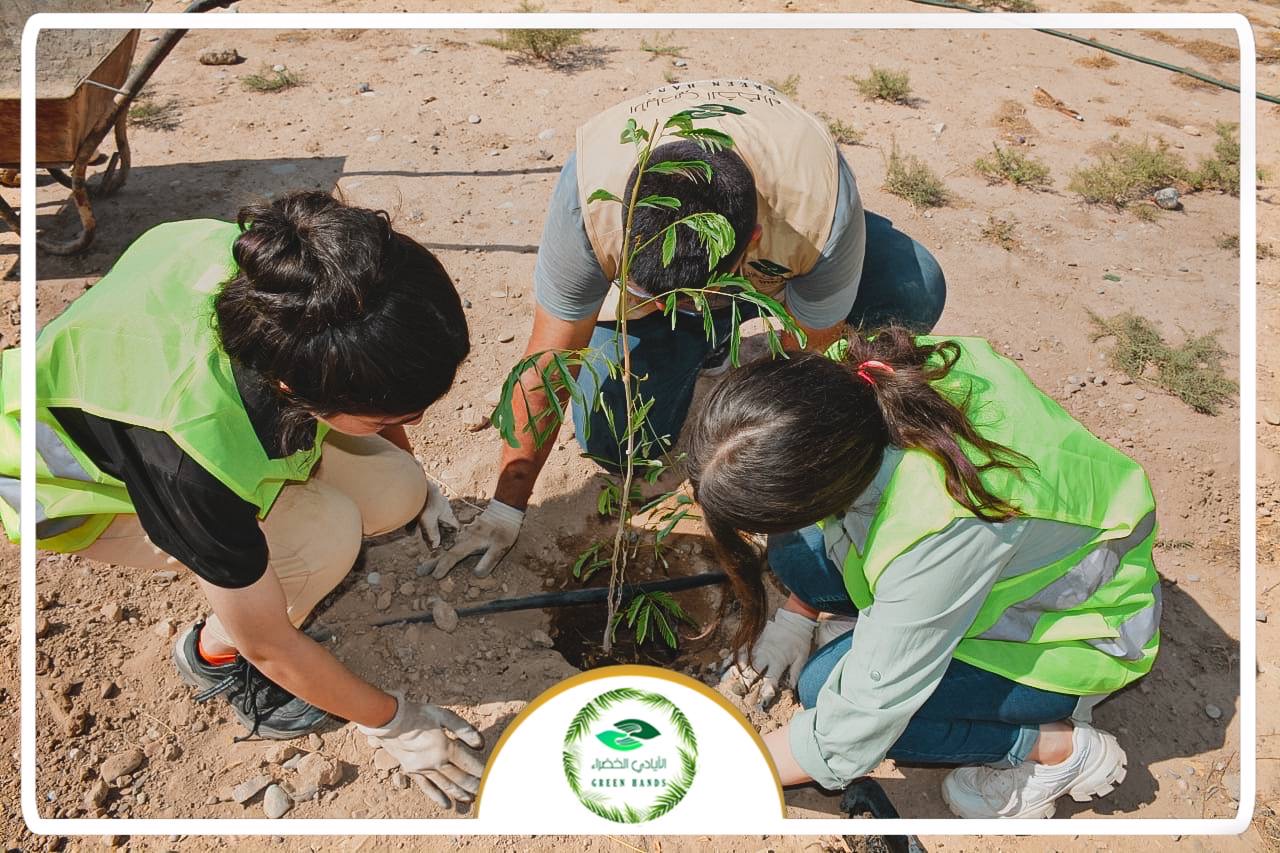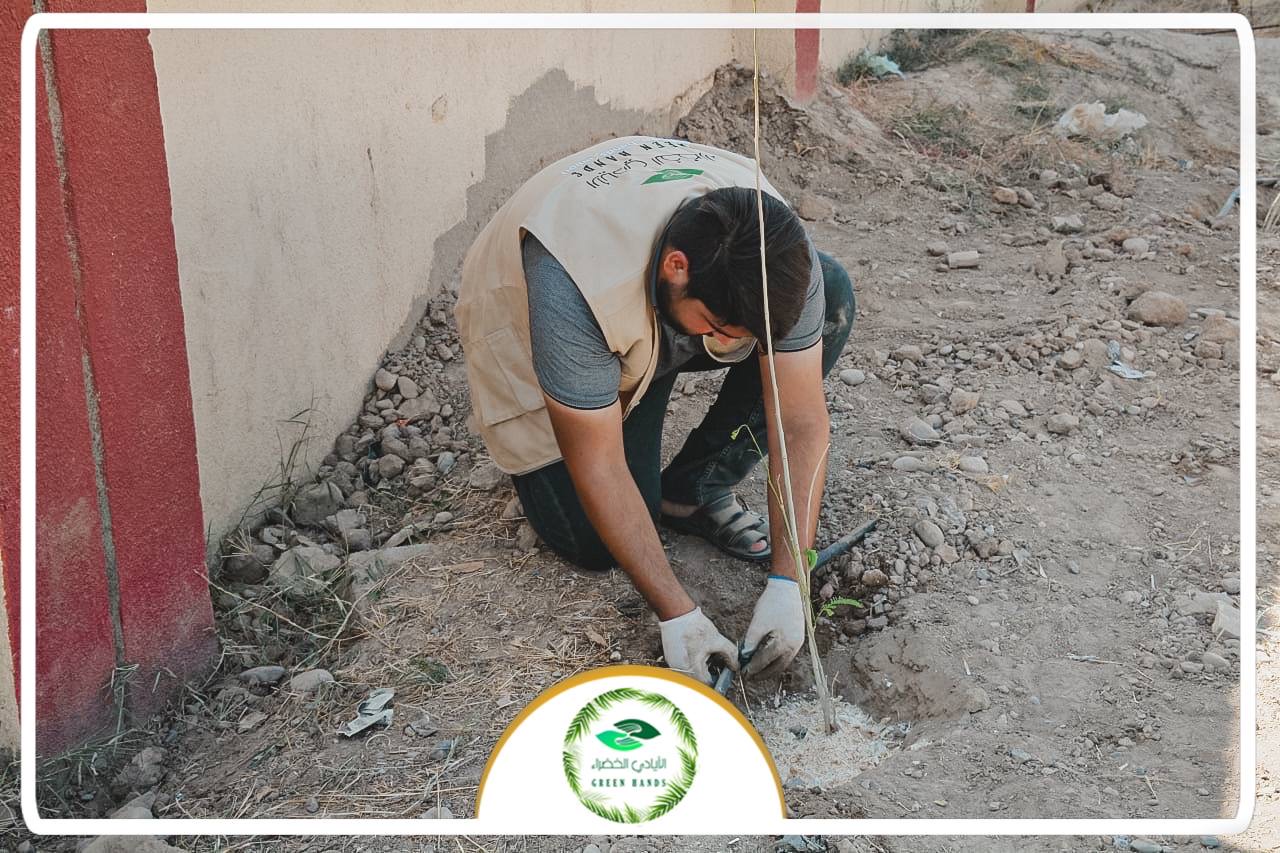Youth-Led Environmental Action for a Sustainable Iraq
Youth-Led Expertise
Passionate young volunteers driving impactful environmental change across Iraq.
Sustainable Action
Innovative, eco-friendly initiatives that protect natural resources and promote climate resilience.
Community Engagement
Empowering local communities through education, collaboration, and inclusive environmental project
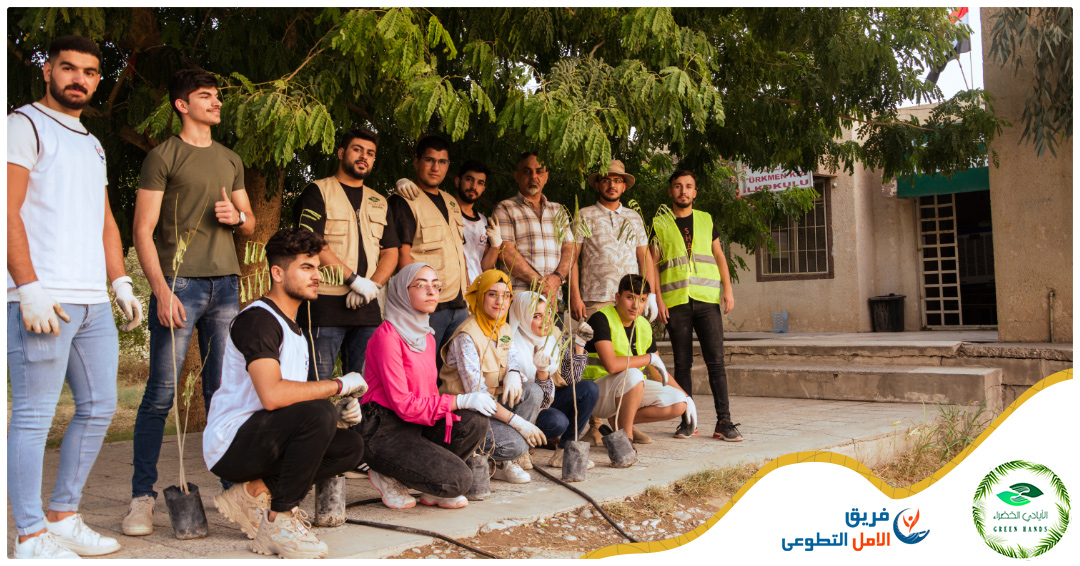
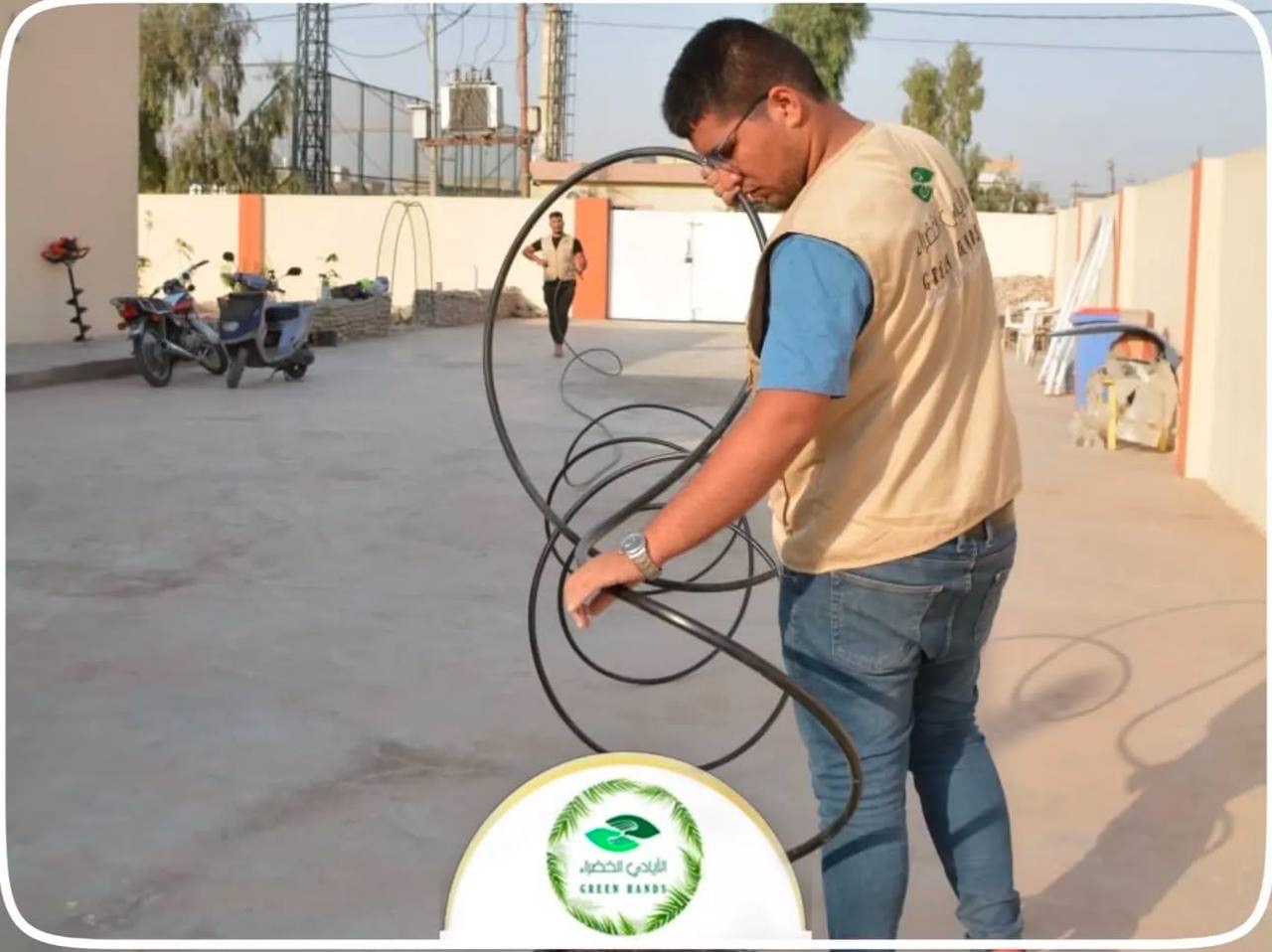
About us
Meet the Green Hands Team
Youth-Led Environmental Action Across Iraq
With a passionate team of young volunteers and specialists, Green Hands Union has been leading environmental initiatives since 2019. From climate awareness to sustainable agriculture, our team is committed to building a greener future.
- Environmental Campaigns
- Sustainable Agriculture Projects
- Waste Recycling & Water Management
Our Mission
Raise Environmental Awareness
We educate youth and communities about environmental issues and climate change through campaigns, workshops, and publications.
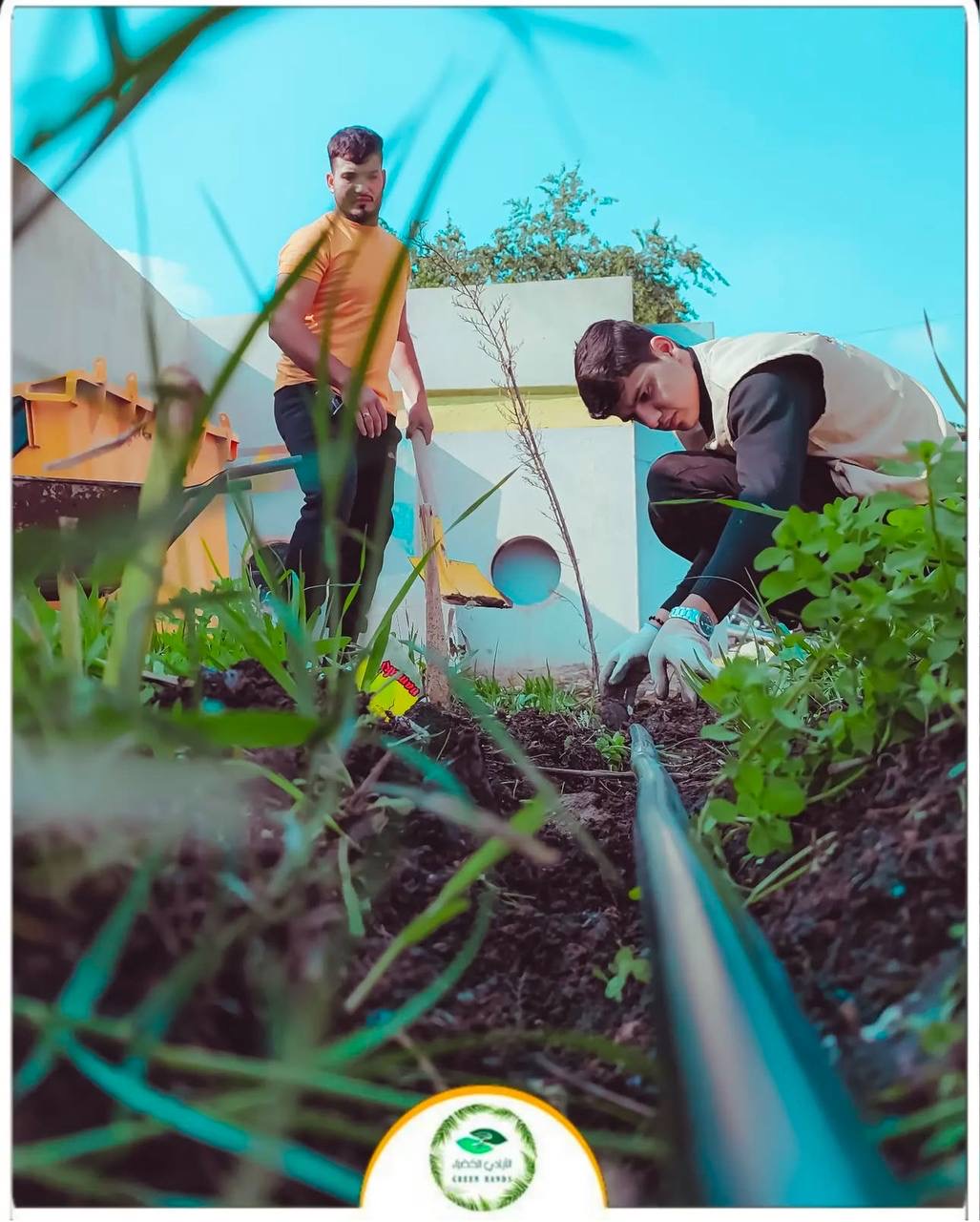
Empower Youth Through Volunteering
We create opportunities for young people to lead and participate in impactful environmental initiatives across Iraq.
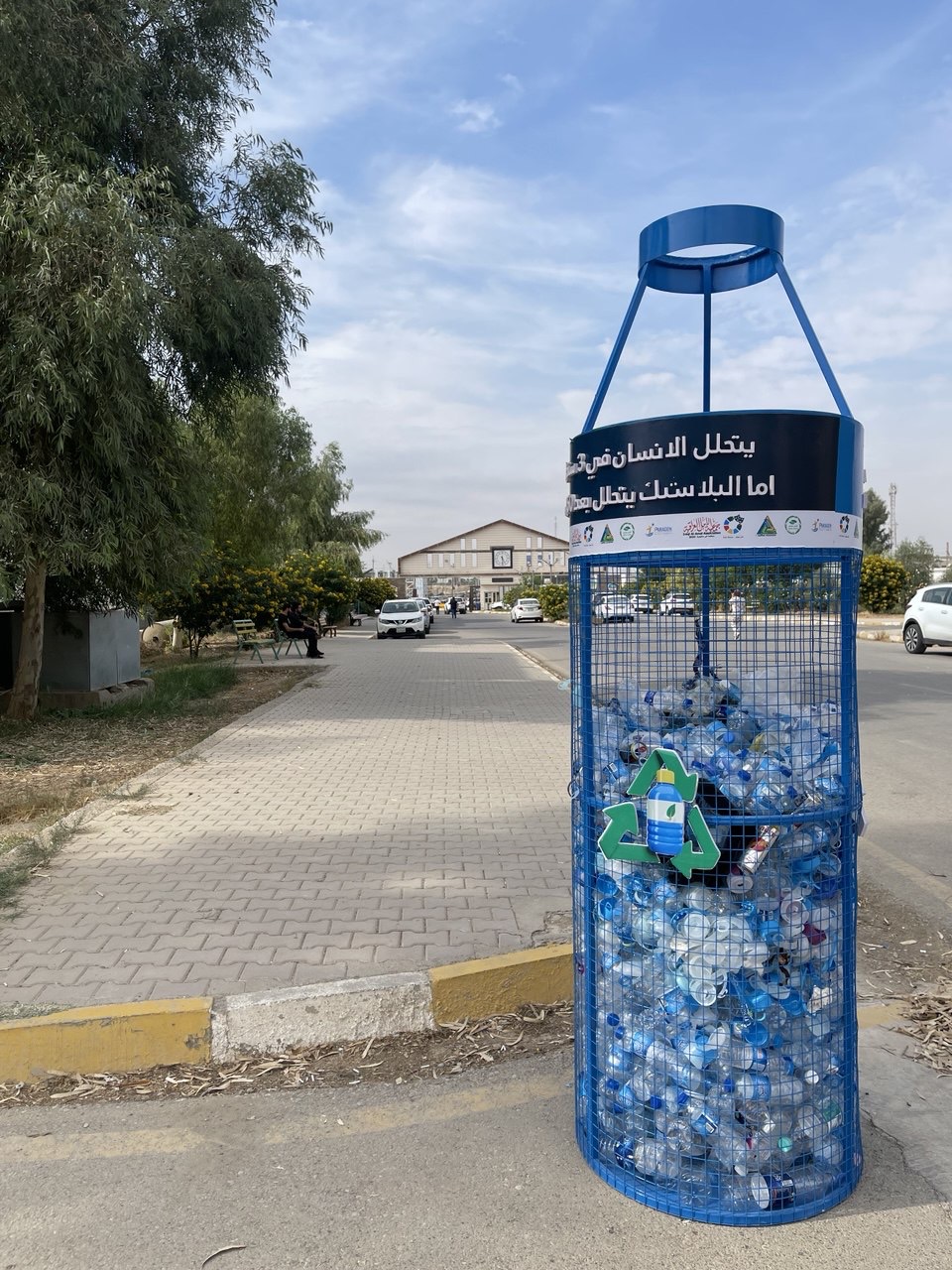
Build Strategic Partnerships
We collaborate with local and international organizations to strengthen our efforts and expand our reach.
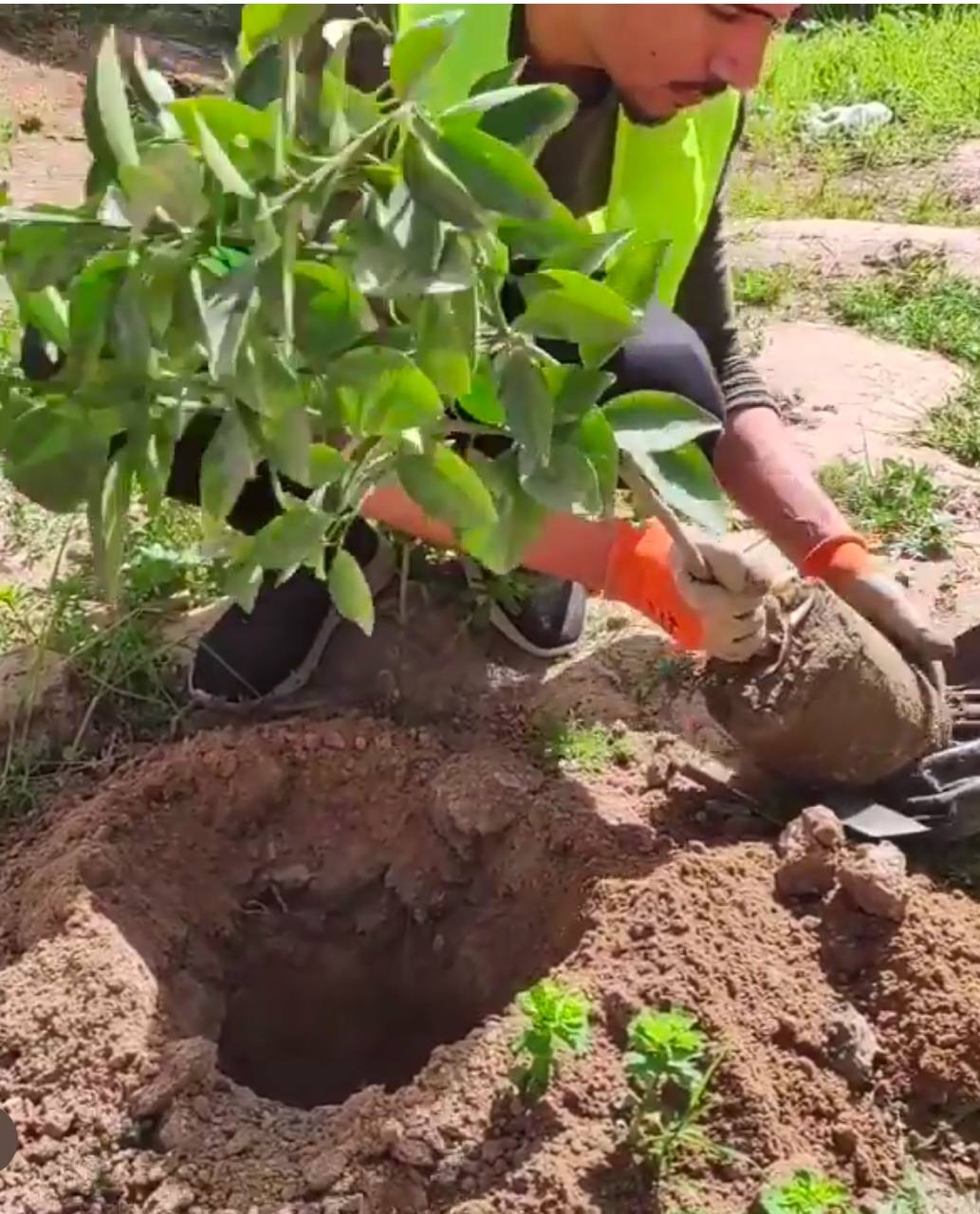
Develop Practical Solutions
We implement sustainable projects that address pollution, resource management, and climate resilience.
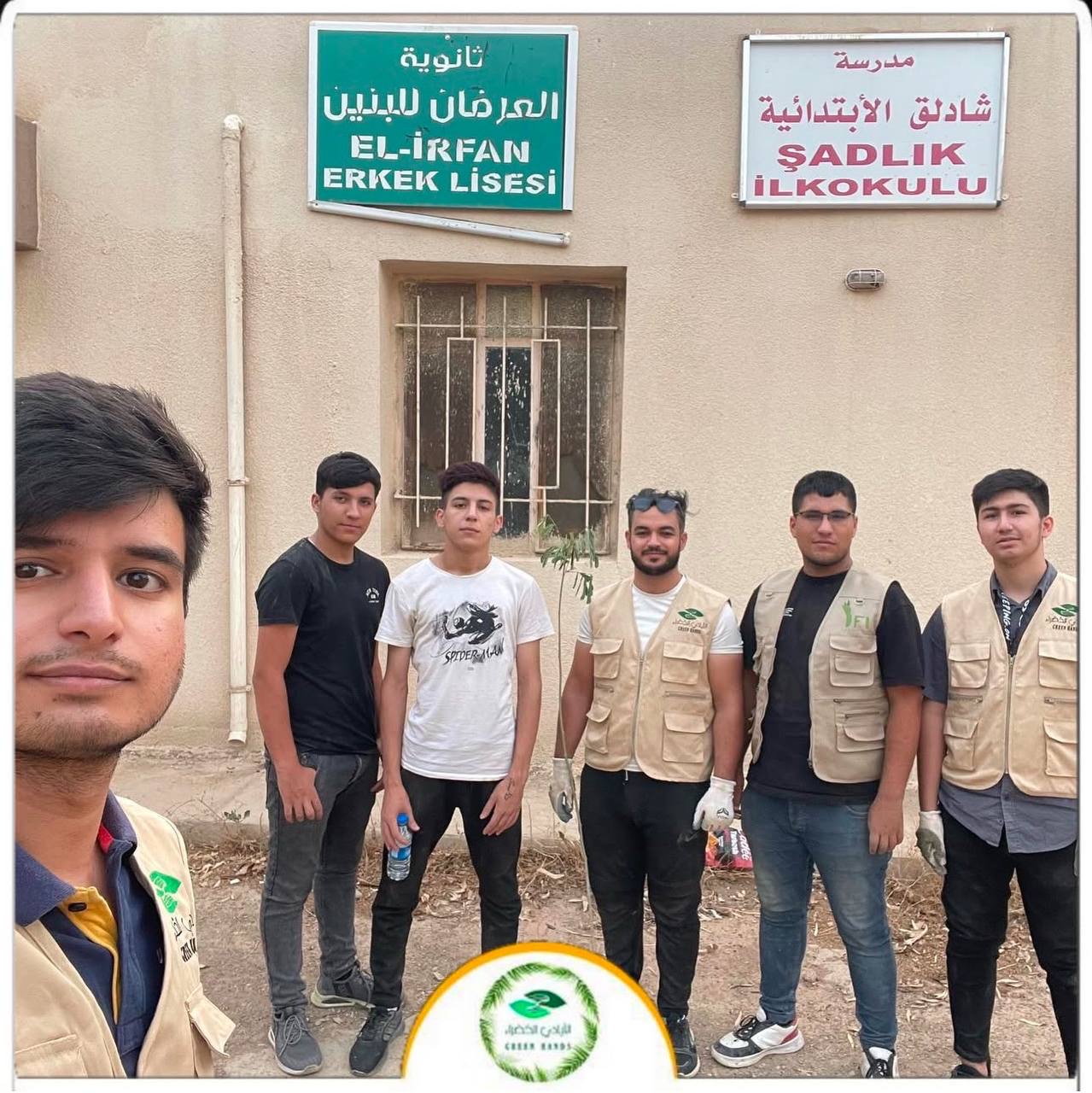
Why Us
Green Hands Union
Educate & Inspire
We raise environmental awareness through campaigns, publications, and youth workshops focused on climate and sustainability.
Act & Empower
We lead volunteer initiatives that support farmers, protect natural resources, and engage youth in hands-on environmental action.
Connect & Expand
We build partnerships and expand our reach across Iraq to promote collective responsibility and long-term environmental impact.


